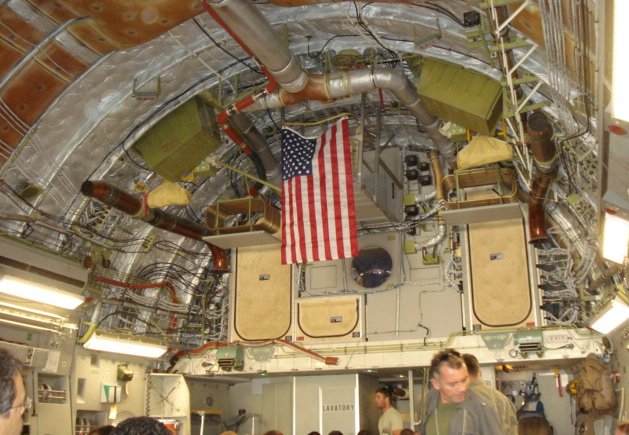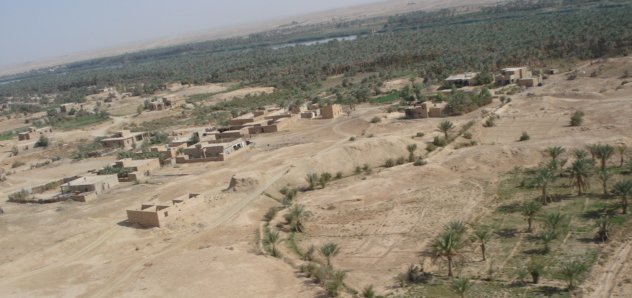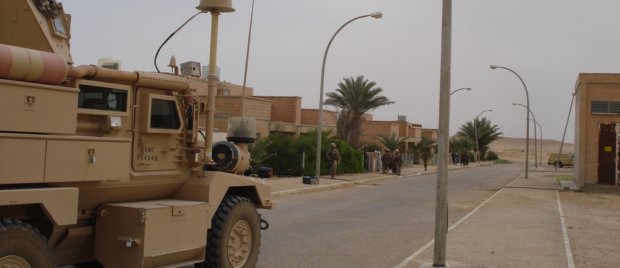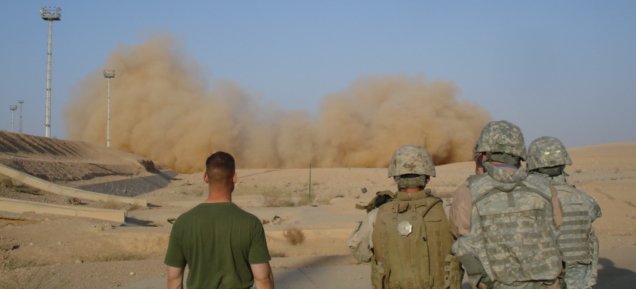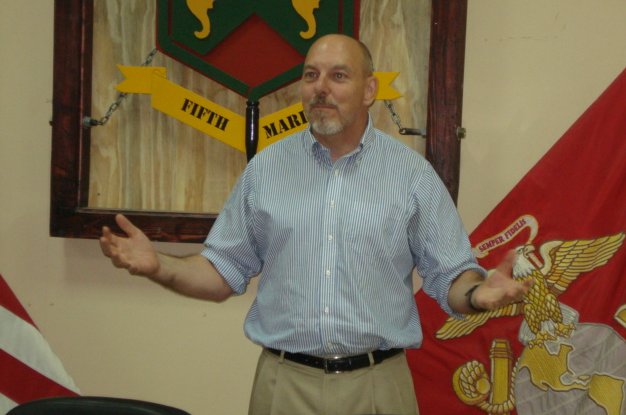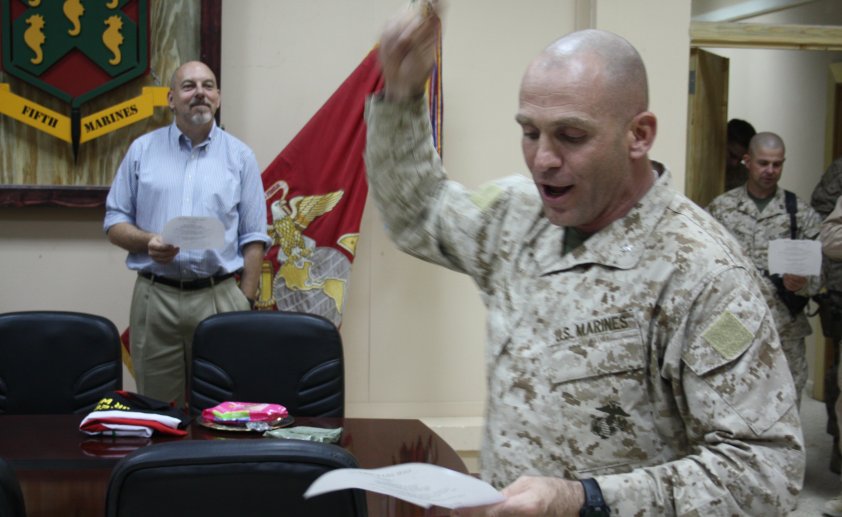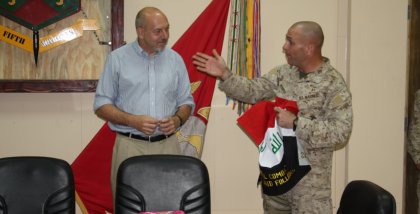It is always like this when I come back from an overseas post. One day you are in the midst of a place, its events, culture and environment. It seems like the whole world. Then you are not. Iraq is like that, only more so, because being in Iraq is so unusual and so intense. You work long hours every day of the week, and you are immersed in it always. It gives you a special feeling of uniqueness, insulation and security. When I think back on the experience, it almost seems like I am remembering the events and details of somebody else’s life. But I know it was me, because I still have Iraqi dust on my boots.
For a year I was surrounded by Marines and team members who knew me or at least knew about me. We were all members of one team, working together to accomplish a worthy goal. We thought about HOW to overcome obstacles and achieve our purposes. It never occurred to anybody to ask if we COULD do it. I miss the sense of purpose and the honor of being part of something big. Back home people all have their own different problems. Iraq has dropped off most of their radar screens.
I never expected people to pay attention to all my stories. I understand that I can talk longer than most people can listen. But I am surprised at the general lack of interest in Iraq, which used to be and still is a big deal. At first most people approach me sympathetically. They thank me for my service and commiserate about the hardship of my ordeal. They are a little disappointed when I explain that it was less exciting and not as bad as they heard. And some seem almost offended when I tell them about the transformation that has taken place and the success we have achieved. They really don’t want to hear about it. I don’t think they believe me.
Many Americans formed their impressions of Iraq based on the dicey and hard conditions on the ground in late 2006. Rethinking their opinions in light of the vastly improved situation in Iraq hurts their brains. They just want Iraq to go away and the possibility of success smacks of continued effort. I am an intrusion into a comfortably settled belief pattern, as unwelcome as the skunk at a barbeque.
It will take a while before the significance of our success in Iraq sinks in and even longer for us to identify and explore all the options it opens and the challenges it creates. Iraq will difficult and dangerous for a long time to come. Changing long established conditions is hard and it takes time, but the trends are definitely positive. Real change creeps up on little cats’ feet and we are often surprised to look around and see that things are not what we thought.

